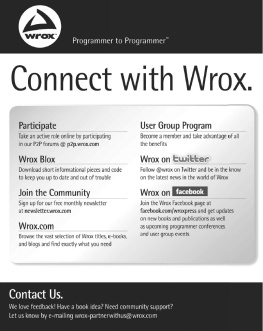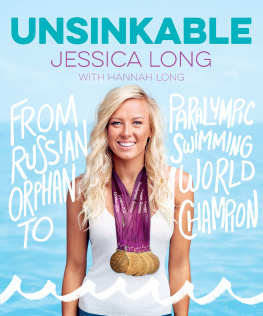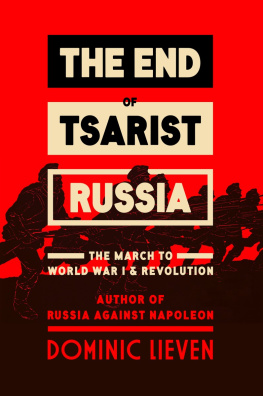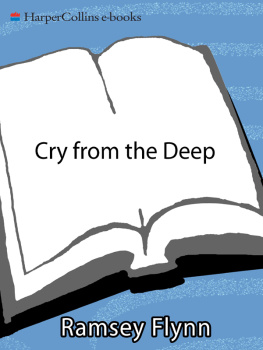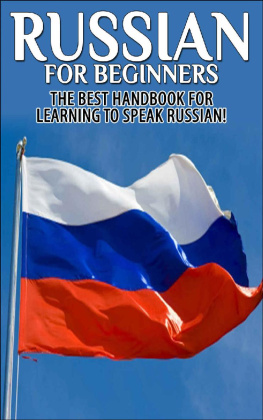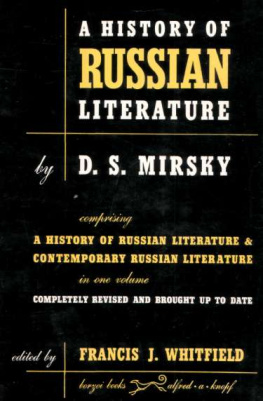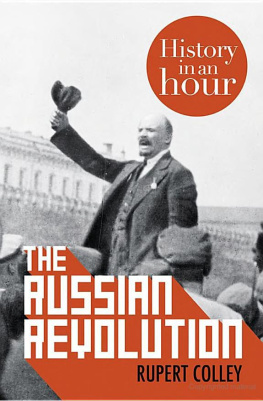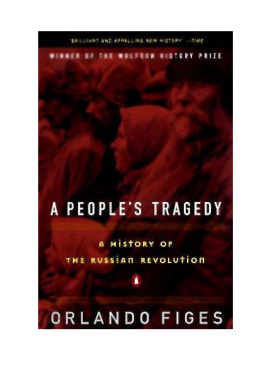Poe - The Russian Moment in World History
Here you can read online Poe - The Russian Moment in World History full text of the book (entire story) in english for free. Download pdf and epub, get meaning, cover and reviews about this ebook. year: 2011, publisher: Princeton University Press, genre: History. Description of the work, (preface) as well as reviews are available. Best literature library LitArk.com created for fans of good reading and offers a wide selection of genres:
Romance novel
Science fiction
Adventure
Detective
Science
History
Home and family
Prose
Art
Politics
Computer
Non-fiction
Religion
Business
Children
Humor
Choose a favorite category and find really read worthwhile books. Enjoy immersion in the world of imagination, feel the emotions of the characters or learn something new for yourself, make an fascinating discovery.

- Book:The Russian Moment in World History
- Author:
- Publisher:Princeton University Press
- Genre:
- Year:2011
- Rating:5 / 5
- Favourites:Add to favourites
- Your mark:
- 100
- 1
- 2
- 3
- 4
- 5
The Russian Moment in World History: summary, description and annotation
We offer to read an annotation, description, summary or preface (depends on what the author of the book "The Russian Moment in World History" wrote himself). If you haven't found the necessary information about the book — write in the comments, we will try to find it.
Poe: author's other books
Who wrote The Russian Moment in World History? Find out the surname, the name of the author of the book and a list of all author's works by series.
The Russian Moment in World History — read online for free the complete book (whole text) full work
Below is the text of the book, divided by pages. System saving the place of the last page read, allows you to conveniently read the book "The Russian Moment in World History" online for free, without having to search again every time where you left off. Put a bookmark, and you can go to the page where you finished reading at any time.
Font size:
Interval:
Bookmark:
THE RUSSIAN MOMENT IN
WORLD HISTORY

WORLD HISTORY

Marshall T. Poe

Copyright 2003 by Princeton University Press
Published by Princeton University Press, 41 William Street,
Princeton, New Jersey 08540
In the United Kingdom: Princeton University Press,
3 Market Place, Woodstock, Oxfordshire OX20 1SY
All Rights Reserved
Library of Congress Cataloging-in-Publication Data
Poe, Marshall.
The Russian moment in world history / Marshall T. Poe.
p. cm.
Includes bibliographical references and index.
ISBN 0-691-11612-1 (alk. paper)
1. RussiaHistoryPhilosophy. 2. Soviet UnionHistoryPhilosophy.
3. Russia (Federation)HistoryPhilosophy. I. Title.
DK49.P64 2003
947.001dc21 2002044717
British Library Cataloging-in-Publication Data is available
This book has been composed in Sabon
Printed on acid-free paper.
www.pupress.princeton.edu
Printed in the United States of America
1 3 5 7 9 10 8 6 4 2
This book is dedicated to
Professor Daniel H. Kaiser and
my teachers at Grinnell College
Thank you all




MODERN RUSSIA IS IN CRISIS, AND VERY FEW PEOPLE understand why. The most common explanation of Russias present difficultiesthe one most likely to be held by the person on the streetis that Communism didnt work. Just how it didnt work is the subject of some debate. That it didnt work, and that its failure to function effectively is the root cause of Russias contemporary problems, is not. There is, of course, more than a little Western triumphalism standing behind this explanation of the modern Russian crisis. Since the Cold War was billed as a battle between competing and mutually exclusive ways of life, it only makes sense that the victors should cast aspersions on the now silenced vanquished. And so they have. But beyond the simple pride of Western analysts, we find ignorance, and especially ignorance of Russias distant past. Most people, particularly those pundits who take it upon themselves to inform the public about such things, have no real conception of the basic rhythms of Russian history. If they had a good understanding of the Russian past, they certainly wouldnt claim that Communism didnt work, because in many ways it did; nor would they say that Russias current problems are directly traceable to Communism, because they are not.
In an effort to put Russias present crisis in its proper context, this book offers a general interpretation of the main course of Russian history within the context of world history. This interpretation might be summarized as follows. Russia is neither European nor Asian in terms of cultural ancestry or historical identity. Rather, Russia is best understood as culturally sui generis and historically distinct. Why? Because Russia was founded in a part of the world where there were no earlier civilizations and in which contemporaneous civilizations were very distant. In other words, Russia was remote in time and space. The country was also quite poor. Early Russia in particular was not a well-endowed place for agriculture (the soil was mediocre at best) or trade (Russia had no open coastline). The fact that Russia was a start-up founded hundreds of miles from the rest of civilization in a vast forest did not bother the Russians, that is, until the rise of European power. In the early modern period the well-armed and organized Europeans began to stake claims to various parts of the globe, particularly those areas that they could reach by ship. Uniquely, Russia was able to resist the onslaught of Europe primarily for two reasons. First, Russia was not accessible by sea, so the European powers could not travel easily to the Russian heart-land. Second, Russia was ruled by a single-minded autocratic government that enabled it, despite relative poverty, to mount an effective defense against European imperialism. Landlocked and autocratically organized, the Russians fended off the Europeans in the early modern period. Thus began the Russian moment in world history, so called because the Russians alone among large early modern empires maintained their independence from European hegemony. In so doing they managed to produce the accoutrements of modernitya bureaucratic state, industry, mass culture, advanced armiesin a non-European way. Again, they were the only empire in the world to do so. The Russian moment ended rather suddenly in 1991, when the Russian ruling class abandoned its centuries-old project to travel its own road.
It is crucial to recognize that there is nothing deterministic in this interpretation. I am not arguing that the present-day Russian crisis was the inevitable result of its history. Far from it. The fact that the Russian ruling class successfully charted its own course for more than four centuries is the result of myriad accidental and contingent events, none of which could have been predicted by even the most insightful sage. But with hindsight we can say with assurance that if any or many of these events had not occurred, then there would have been no Russian Sonderweg, no Russian moment in world history, and no modern Russian crisis. The story could easily have been very different, though it was not.
It is equally important to bear in mind that the present interpretation is not one of failure. Rather the opposite. Viewed from the standpoint of the ruling class, the Russian project was a remarkable success. Unlike the elites of other early modern and modern empires, the Russian ruling class held off European power over an extended period of time. Around the globe, one imperial enterprise after another succumbed to European and later Western imperialism. Russia did not, at least not until very recently. Moreover, the Russian elite forged a mechanism for modernization that was distinct from the European path. Where other empires, having been imperialized to one degree or another by the Europeans, joined Europe as economic partners (America) or clients (Africa and Asia), Russia achieved a good measure of economic, technical, and military success independently, or at least largely so. In the end, of course, the Russian road to modernity proved unable to compete with that pursued by the West and its allies. Nonetheless, Russia enjoyed a remarkable run.
Finally, it is crucial to comprehend that this book is intended for a general readership. No particular knowledge of Russian history is necessary to understand its fundamental arguments, though readers who have some familiarity with Russian, European, and world history will perhaps be best prepared to grasp its full meaning. This book does not present any new factsin the narrow senseabout Russian history. Discoveries of that sort fall squarely into the province of archive-based monographic studies. Instead, this account relies on facts that have been, to a greater or lesser degree, established by monographic research over the past two centuries. Naturally, certain empirical propositions presented here will arouse skepticism among well-informed readers. It could not be otherwise in a wide-ranging exploration such as this, and of course I welcome constructive criticism. Much of the enjoyment of history is found in debate, and I hope that this book fosters its share of it. Neither does this book pretend to be a completethat is, factually exhaustiveaccount of Russian history. Completeness is the burden of textbook surveys. Instead, this enterprise, while covering the entire span of Russian history, focuses on several themes crucial to the explanation presented.
Next pageFont size:
Interval:
Bookmark:
Similar books «The Russian Moment in World History»
Look at similar books to The Russian Moment in World History. We have selected literature similar in name and meaning in the hope of providing readers with more options to find new, interesting, not yet read works.
Discussion, reviews of the book The Russian Moment in World History and just readers' own opinions. Leave your comments, write what you think about the work, its meaning or the main characters. Specify what exactly you liked and what you didn't like, and why you think so.

